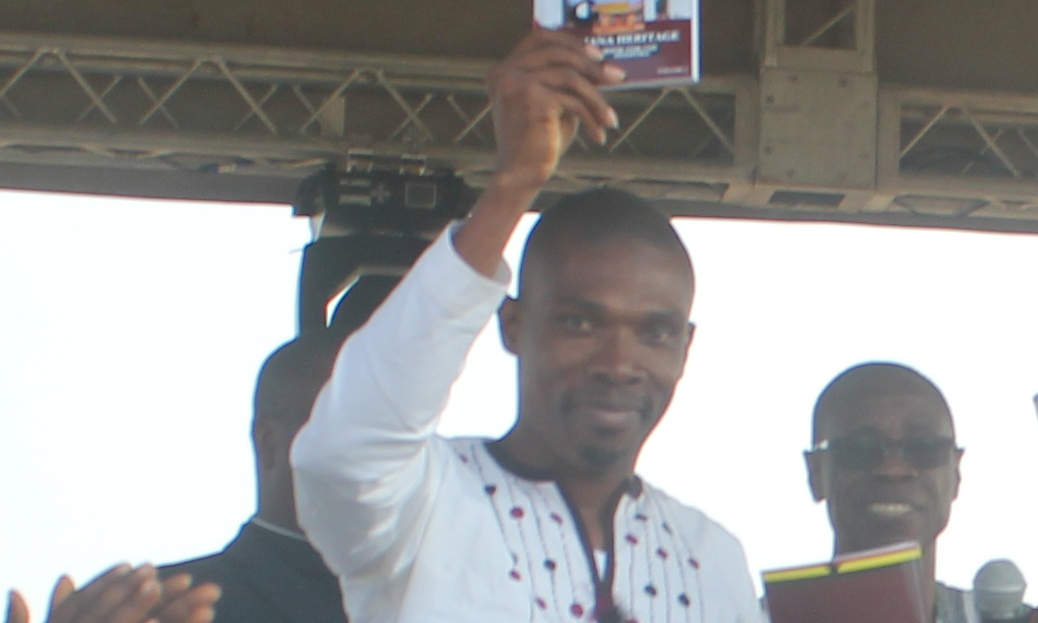Traditional authority Vs Political Authority(PART ONE)
(Part One)
Before the emergence of political governance, there existed the Traditional rule mainly controlled by the chiefs. This was done in many ways and was considered as traditional norms and practices referred to as “the power of the chiefs”. The way through which the chiefs exercised this control or power in governing the people is what was termed Traditional Authority. The emergence of political governance appears to have weakened the entire control of the traditional authority. This is because resources for national development are under the control of the political authorities.
Nevertheless studies reveal that traditional authority wields great influence in our society today. It is observed that traditional authorities play very important roles in the local governance system, which is the Metropolitan, Municipal, and District Assemblies (MMDs) and can therefore be regarded as an integral part of the decentralization process. In the rural areas, the traditional authorities command the respect of large numbers of their people. Allegiance of the people to the Traditional Authorities appears stronger, in some cases, even than the formal political authorities. Traditional authorities therefore have a crucial role to play in facilitating government policies and mobilizing their people for development. Another Key role of the traditional authorities is the issue of support for land administration reform. With a large migrant farmer population in our society, the issue of security of land tenure and protection of the vulnerable becomes very crucial. The role of traditional authority in this context holds positive contribution to economic and social transformation. Partnership with traditional authority could therefore provide a mechanism for improved consultation and co-operation.
Another angle of controversy between the two authorities has to do with who owns the land. In a local context it would be between the paramount chief and the leader of the local governing council like the Municipal Chief Executive (M.C.E) or a governor of a particular area. First of all, it appears that the traditional authority has great influence in the selection of a local political. For example, the president of the republic of Ghana in consultation of all stakeholders appoints an M.C.E suitable to undertake the developmental activities in the direction of the party’s political manifesto. This appointment in some cases has hit the rock of disagreement by the traditional authorities. In most of these cases candidates are changed to suite the interest of the traditional authorities. Failure to do dance to the tune of the traditional authorities will equally amount to lack of cooperation between the chiefs and the local political system. This when happened, has a severe consequence of creating ungovernable situation, which would go a long way, to affect development whilst diminishing the popularity of the ruling government. On the contrary, local political authorities do not have the impetus to influence the installment of chiefs who ascend to thrones via royal lineage.
In the case of the political head of the local government, he or she has a mandate back by law to control all resources meant for local development. In this context some of the local political authorities appeared to be powerful since the individual chiefs within the local traditional authority ought to lobby for their share of the national cake in developing their respective areas. Additionally, the leadership of the local Security Council falls within the hands of the local political head. In this sense it appears the powers of the local political heads keeps on widening. That notwithstanding the traditional authorities, in some cases, appears to have a direct control on the activities of the security agencies within the area. For example a police commander within a locality can choose to listen to orders of a paramount chief than that of a Municipal Chief Executive in some situations. In this context the influence of the traditional authority is far widened. But let me explain that the level of traditional authority in this angle of argument may not be that of the powers of an individual chief other than the paramountcy. This is to say that there are levels within both authorities. Within both authorities it is believe that any time a situation travels beyond the local territory to national level, the political authority takes the precedence over the traditional authority in some cases.
Let me pause on the first part (part one) of this article and stress that both traditional and political authorities have co-existed to ensure safety and development for the people.

